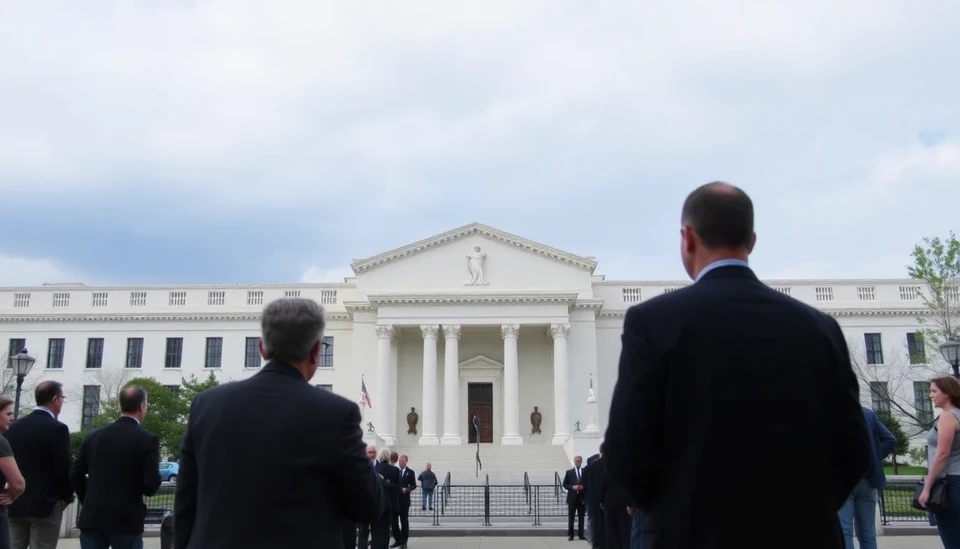
In a significant development for climate finance, the Basel Committee on Banking Supervision has decided to push the implementation of its proposed climate disclosure framework into 2025. This decision comes in response to substantial opposition from the U.S. Federal Reserve, which has raised concerns regarding the feasibility and timing of the initiative aimed at enhancing transparency on climate-related financial risks for banks and other financial institutions.
The Basel Committee, an international body that sets global banking standards, originally planned to roll out its climate disclosure framework in 2024. The delay signals the complexities and challenges that regulators face as they seek to align financial systems with climate policy and sustainability goals. If finalized, the framework would require banks to provide detailed information on how climate change impacts their operations and investments, enabling investors and regulators to better assess risks and opportunities in the rapidly evolving green economy.
The Federal Reserve's apprehensions stem from the regulatory burden that the disclosure requirements would impose on the banking sector, particularly in a time of economic uncertainty. Central bank officials have argued that while increased climate-related transparency is necessary, it must be introduced in a way that does not overstrain financial institutions, especially smaller banks that might lack the resources to comply effectively.
The Basel Committee's acknowledgment of the Fed's concerns marks a critical moment in the ongoing dialogue between financial regulators and the climate agenda. The committee is now faced with the challenge of reconciling different national perspectives on climate risk disclosure, as it is essential that any adopted measures gain broad acceptance among member countries.
As nations prepare for the upcoming climate conference, where the focus will be on global action against climate change, the Basel Committee's decision highlights the balancing act that regulators must perform between promoting sustainability and ensuring financial stability. Stakeholders are keenly watching how these discussions will unfold leading up to the new 2025 timeline.
In light of these developments, industry experts continue to advocate for a harmonized approach to climate disclosures that considers local economic contexts while still committing to the overarching goal of increased transparency in the banking sector regarding climate risks.
As the world leans more heavily into combating the climate crisis, the pressure continues to mount on financial institutions to align their practices with sustainable development principles. The upcoming changes in Basel are expected to play a crucial role in shaping how banks approach climate-related risks and disclosures in the years to come.
With the backdrop of this delaying decision, commentators speculate on what this means for broader financial markets and the urgent need for action in the face of mounting climate challenges.
#BaselCommittee #ClimateDisclosure #FederalReserve #Sustainability #BankingStandards #ClimateFinance #EcoTransparency
Author: Peter Collins




